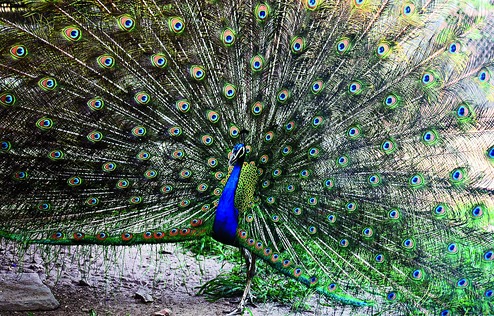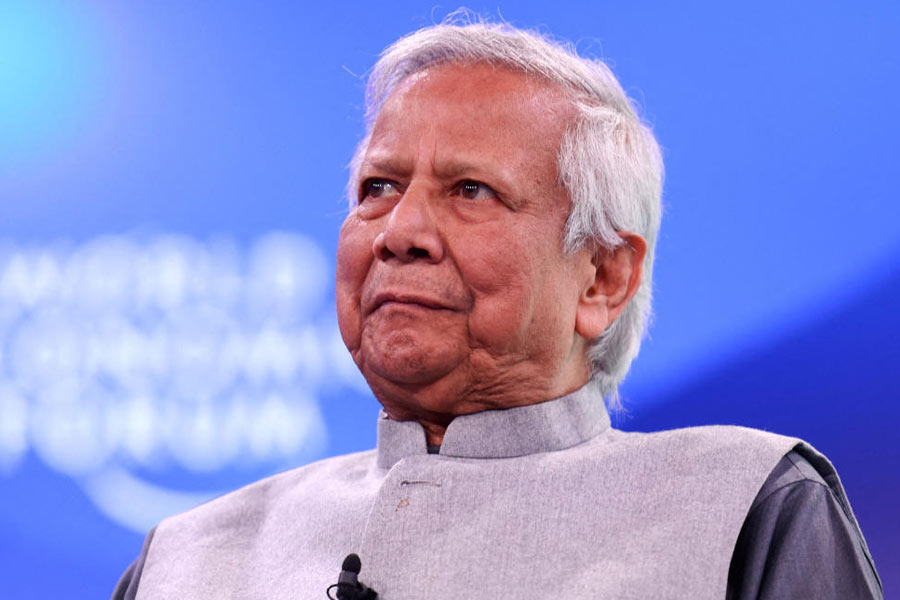
New Delhi, May 31: A Rajasthan High Court judge today stirred the country into discussing peafowl sex in his attempt to justify why he has called on the government to take measures for declaring the cow a national animal.
Mahesh Chandra Sharma signed out of his career in the judiciary today by making headlines with his judgment and primed it further by insisting that peafowls were given national bird status because they do not have sex, turning well-recorded mating practices of the bird - that advertises its sexual desire - on their head.
Talking to reporters outside the court premises in Jaipur - after he inked the 139-page order in Hindi explaining why cow should be accorded national animal status - Sharma gave a detailed account of his belief of how peafowls breed. "The peacock is a lifelong celibate. It does not have sex with the peahen. The peahen gives birth after it gets impregnated with the tears of the peacock," he said.
It was clearly not an off-the-cuff remark because the judge - a science student in his college days - repeated it to other reporters who followed him around in the Pink City for his peafowl sex theory.
The laughs have not died down since across social media platforms. But Sharma's comments were also seen as an application-of-sorts for a post-retirement appointment from a political dispensation that has a preference for passing off myths as history and vice-versa. The judge's views have left bird specialists baffled.
"Peafowls do copulate, the peacock deposits its sperm into the peahen's sexual organ," said Kalyanasundaram Sankar, director of the Salim Ali Centre for Ornithology and Natural History, Coimbatore. "I don't see the connection between peafowl sex and the national bird and I don't understand how this in any way relates to the cow."
The peacock, as per conventional knowledge, makes a show of its sexual desire by spreading out its attractive plumage and strutting around with loud mating calls. But the judge will have none of this; insisting that Lord Krishna wears a peacock feather in his crown because of the bird's celibate nature.










